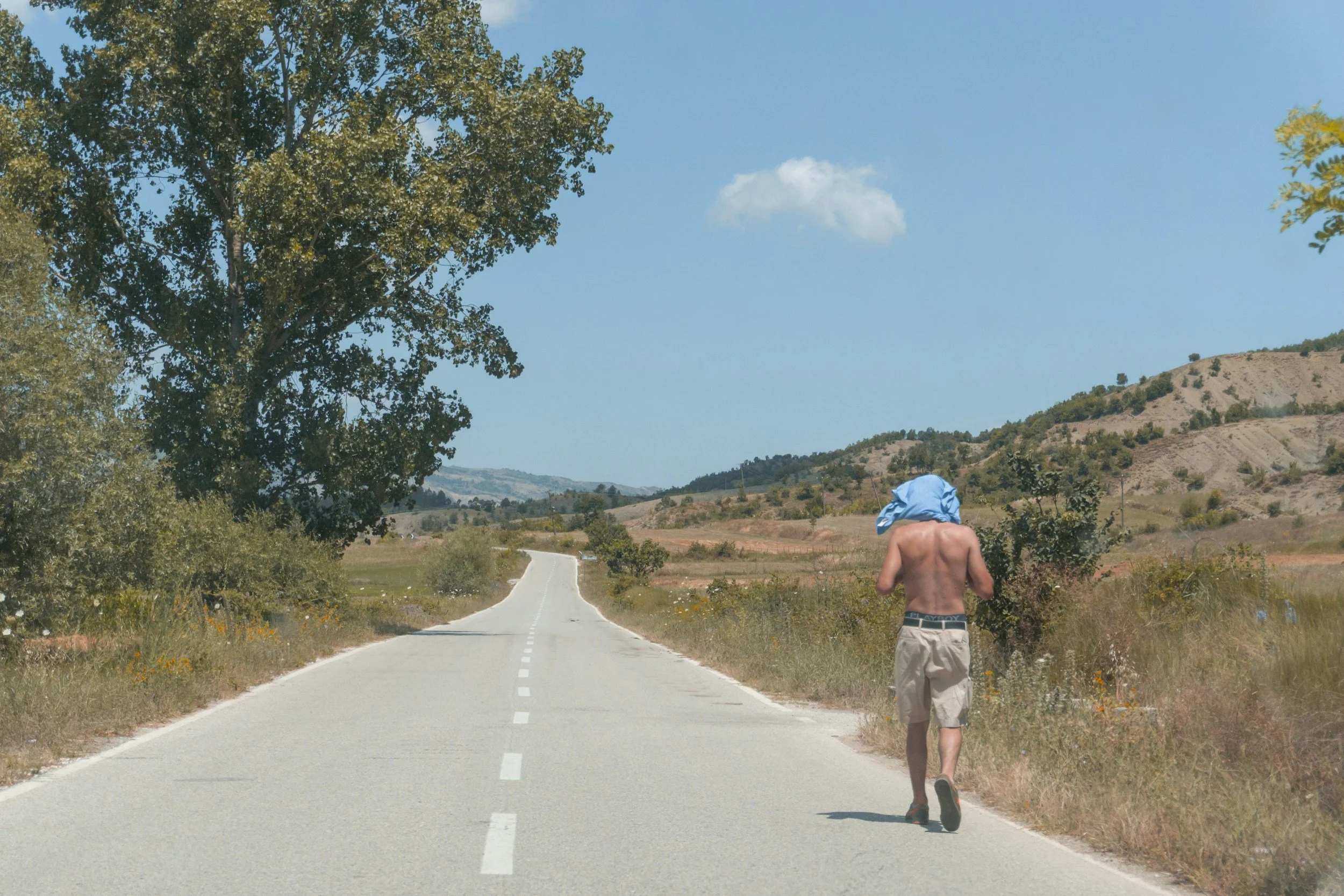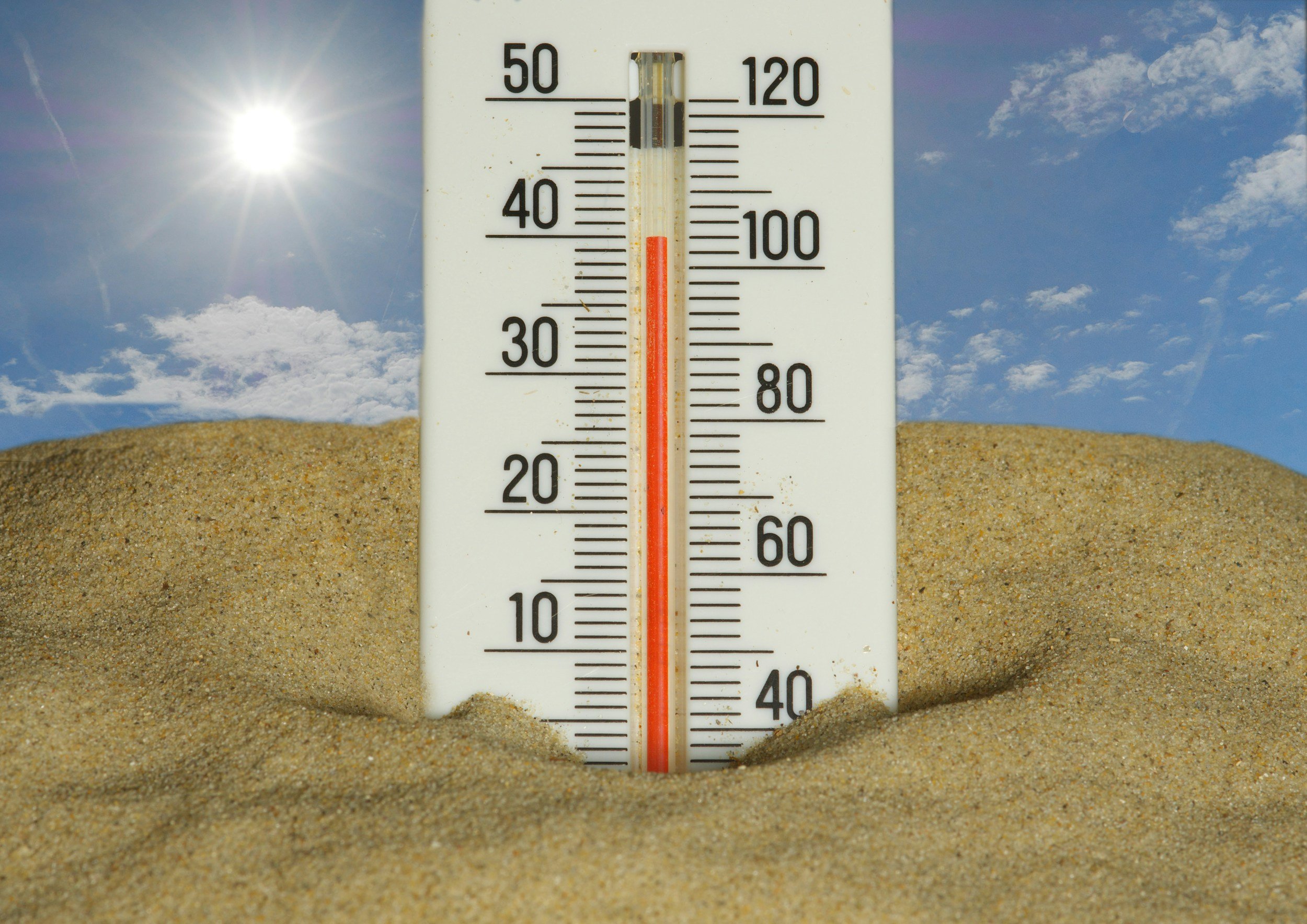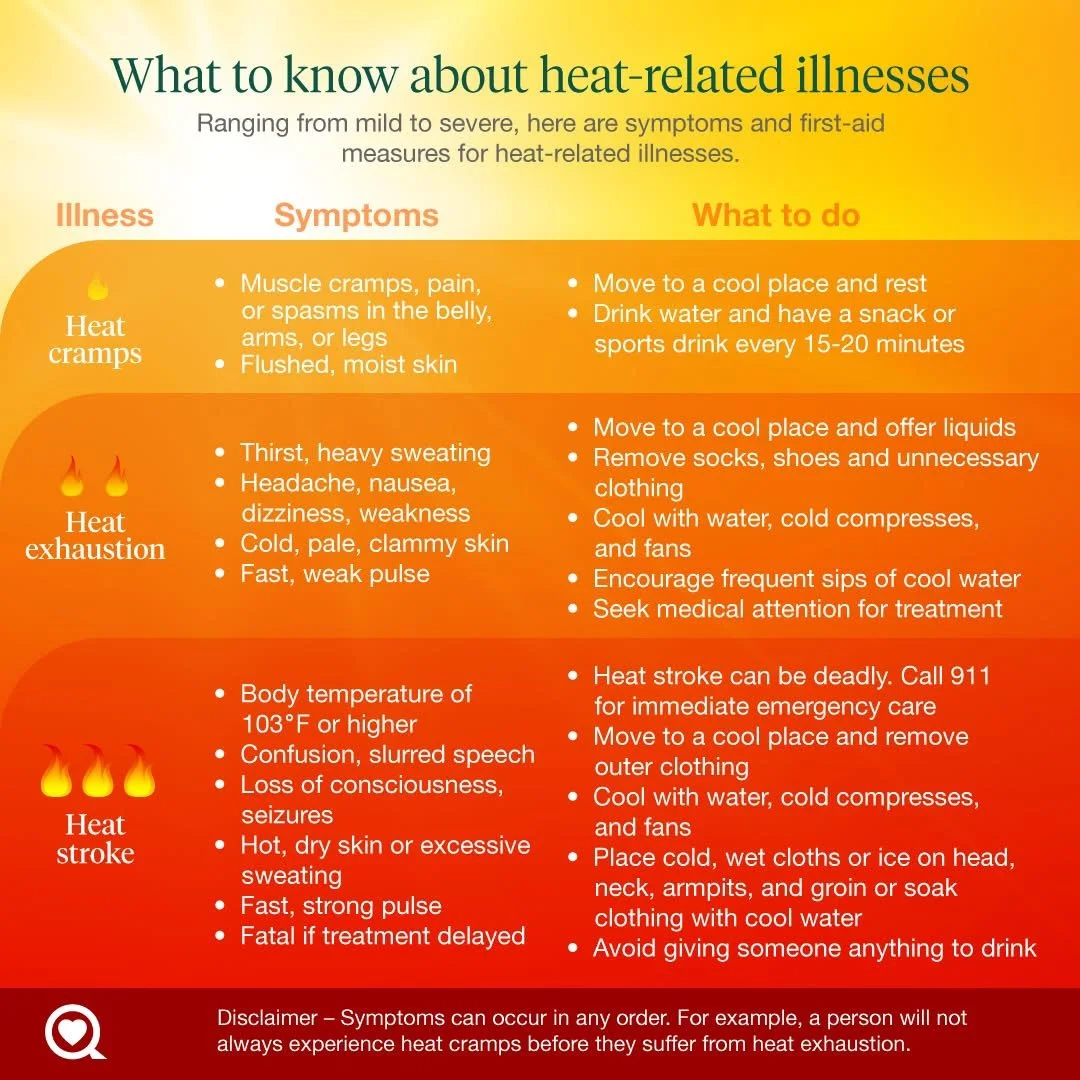The Silent Threat of Summer: How to Stay Safe as Heat Turns Deadly
In the race to report headlines, it's easy to overlook the quiet killers—like the heatwave currently gripping cities across the country. While many are distracted by pop culture debates and political drama, temperatures are quietly soaring into dangerous territory. And the consequences? Far more serious than most realize.
Before you read any further, know this: RDC Magazine’s CEO, Rocquel Caliste, made it clear this piece needed to be shared. Not for clicks or buzz, but because the information inside could protect lives.
Across the United States, extreme heat is no longer just uncomfortable. It’s life-threatening. Defined as temperatures over 90 degrees Fahrenheit for at least two consecutive days, extreme heat can lead to serious medical complications, emergency room visits, and even death. Yet unlike hurricanes or snowstorms, heat doesn’t come with dramatic winds or sudden impact. It creeps in—and catches people off guard.
If you’re not taking this heat seriously, you should be.
Your Heat Safety Survival Guide
Here’s what you can do to protect yourself and others right now:
Stay indoors during the hottest part of the day, typically between 10 a.m. and 4 p.m.
Dress smart if you must go outside: wear light, loose-fitting clothes that cover your skin, apply SPF 30+ sunscreen often, and stick to the shade.
Avoid exercise or intense activity outdoors on hot days. If you must do something outside, do it early in the morning or after sunset.
Stay hydrated. Drink extra water and steer clear of caffeine or alcohol, which can dehydrate you.
Cool off safely. If you start feeling overheated and can’t get indoors, use wet cloths to bring your body temperature down.
Never leave children or pets in closed vehicles, even for a few minutes. And always check in on older adults, neighbors, and those who may be more vulnerable.
One critical reminder: fans are not enough when indoor temperatures climb above 90 degrees. At that point, you need access to air conditioning or a designated cooling space. If your home is too hot, consider going to a public library, mall, a friend’s place, or a cooling center. Locations can be found by calling 2-1-1, 3-1-1, or visiting your local health department website.
And in case of a power outage, make sure you have a plan—especially if you rely on refrigerated medications or medical equipment.
Know the Signs of Heat Illness
Recognizing the early signs of heat-related illness can save a life.
Here’s what to watch for:
Heat cramps: Muscle pain or spasms, usually the first warning sign.
Heat exhaustion or heat stroke: Heavy sweating, paleness, fatigue, lightheadedness, headaches, nausea, vomiting, or fainting.
If any of these symptoms appear, stop activity immediately, move to a cooler place, and drink water or a sports drink. Ignoring these signs can lead to hospitalization—or worse.
Prepare Before It Gets Worse
We are not just in the middle of a heatwave. We are entering a new normal. That means preparation needs to start now.
Update your personal Heat Action Plan, especially if you or someone you love is high-risk (seniors, young children, individuals with medical conditions or certain medications).
Sign up for local emergency alerts from weather.gov or through apps like FEMA or The Weather Channel.
Locate nearby cooling shelters in advance. If someone you know is experiencing homelessness or lacks air conditioning, get them this information.
Healthcare providers should take this seriously, too. Screen patients for heat-related risk factors and help them prepare action plans using resources available from the CDC and HHS.
Extreme heat is especially dangerous for people taking certain medications for mental health, the elderly, outdoor workers, or anyone without reliable shelter. This information needs to be shared with them.
This Isn’t Just Summer. This Is a Crisis.
Heat isn’t flashy. It doesn’t knock down buildings or flood streets. But it’s one of the deadliest weather-related threats in the United States. And every degree matters.
So spread the word. Share these tips. Take action.
We didn’t publish this because it was trending. Rocquel made sure it was shared because lives could depend on it. Do your part. Share it. Someone’s life may depend on it.


